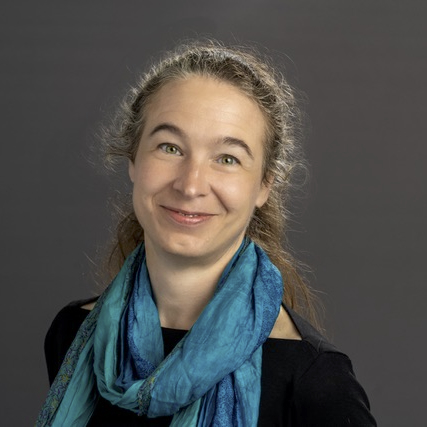
Josien van Wolfswinkel, PhD
Adult stem cells are crucial for any long-lived organism. Their ability to produce a steady stream of new cells allows them to support tissue turnover and injury repair. However the replicative behaviour of these cells brings along certain risks: if they ever obtain any genetic mutations, these mutated cells will replicate, thereby increasing the risk of establishing a cancer. Human adult stem cells struggle to sustain their function with age: their proliferative capacity progressively diminishes, leading to reduced regenerative abilities in the elderly, while at the same time they steadily accumulate mutations and - given enough time - frequently initiate tumors. Our research focuses on understanding regulatory mechanisms and strategies to maintain and control a population of adult stem cells long-term to support life-long health.
Planarians (flatworms) maintain a large, actively dividing population of adult stem cells, that appears to defy the challenges that plague human stem cells. Planarian stem cells maintain their regenerative potential without any apparent signs of age-related decline, and in addition, they are highly resistant to genotoxic stress and carcinogenesis.
Using a combination of imaging, modelling, genetic, and biochemical approaches we study how molecular wear and tear is counteracted in planarian stem cells. Furthermore we study the mechanisms used to avoid accumulation of mutations in the stem cell population by studying population dynamics and cell selection strategies. By understanding the molecular processes that enable the long-term maintenance of stem cell health in planarians, we hope to reveal regulatory principles that can be applied in other stem cell systems.
Josien van Wolfswinkel is Assistant Professor of Molecular Cellular and Developmental Biology at Yale University, where her research focuses on the regulation and maintenance of a pluripotent stem cell population. She previously was a postdoctoral fellow in the lab of Peter Reddien at the Whitehead Institute for Biomedical Research, and trained as a graduate student in the labs of Ronald Plasterk, Albert Heck and René Ketting at Utrecht University and the Hubrecht Institute for Developmental Biology in the Netherlands.